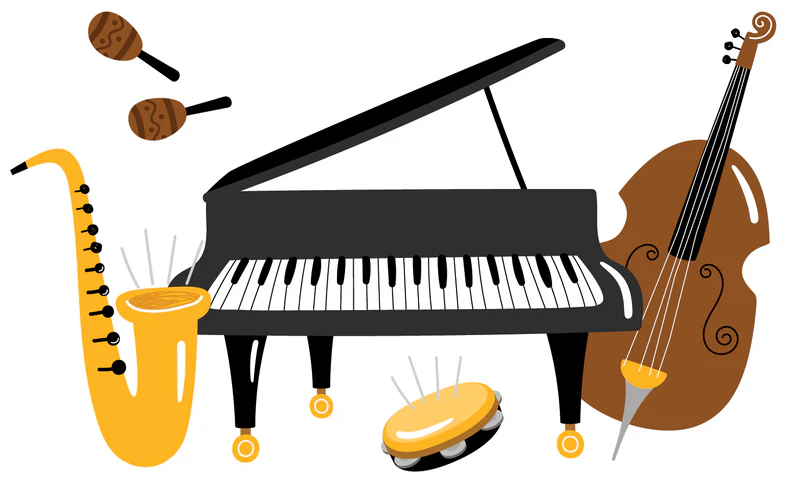Study Maps Music’s Effect on Brain Circuits

In a groundbreaking study published on August 9 in the journal Cell Reports, Chinese researchers have uncovered the neurological mechanisms behind the mood-enhancing effects of Western classical music. This research could pave the way for innovative music therapy applications, particularly for individuals with treatment-resistant depression.
Led by Professor Bomin Sun, director of the Center for Functional Neurosurgery at Shanghai Jiao Tong University, the study utilized advanced brainwave measurements and neural imaging techniques on 13 patients with treatment-resistant depression. These patients had electrodes implanted in their brains for deep-brain stimulation, allowing researchers unprecedented access to observe neural activity.
Key findings of the study include:
1. Music generates antidepressant effects by synchronizing neural oscillations between the auditory cortex and the brain’s reward circuit.
2. The bed nucleus of the stria terminalis (BNST) and the nucleus accumbens (NAc) play crucial roles in processing emotional information from music.
3. Patients with high music appreciation showed more significant neural synchronization and better antidepressant effects compared to those with low music appreciation.
“Our research integrates neuroscience, psychiatry, and neurosurgery, providing a foundation for any research targeting the interaction between music and emotion,” Professor Sun explained. The team’s innovative approach included inserting theta frequency noise into music, which enhanced enjoyment for patients in the low music appreciation group.
The study used Western classical music to avoid familiarity bias among participants. Looking ahead, the research team plans to explore:
– The role of music interaction with deep brain structures in depressive disorders
– Potential combined therapeutic effects of multi-sensory stimulation on depression
– Development of digital health products based on music therapy, including smartphone apps and wearable devices
This research, supported by various Chinese scientific institutions, opens new possibilities for personalized music therapy in treating depression and other mood disorders. As Professor Sun noted, “We hope to translate our research findings into clinical practice, developing convenient and effective music therapy tools and applications.”
The study’s implications could revolutionize our understanding of music’s impact on mental health and lead to novel, non-invasive treatments for depression.






